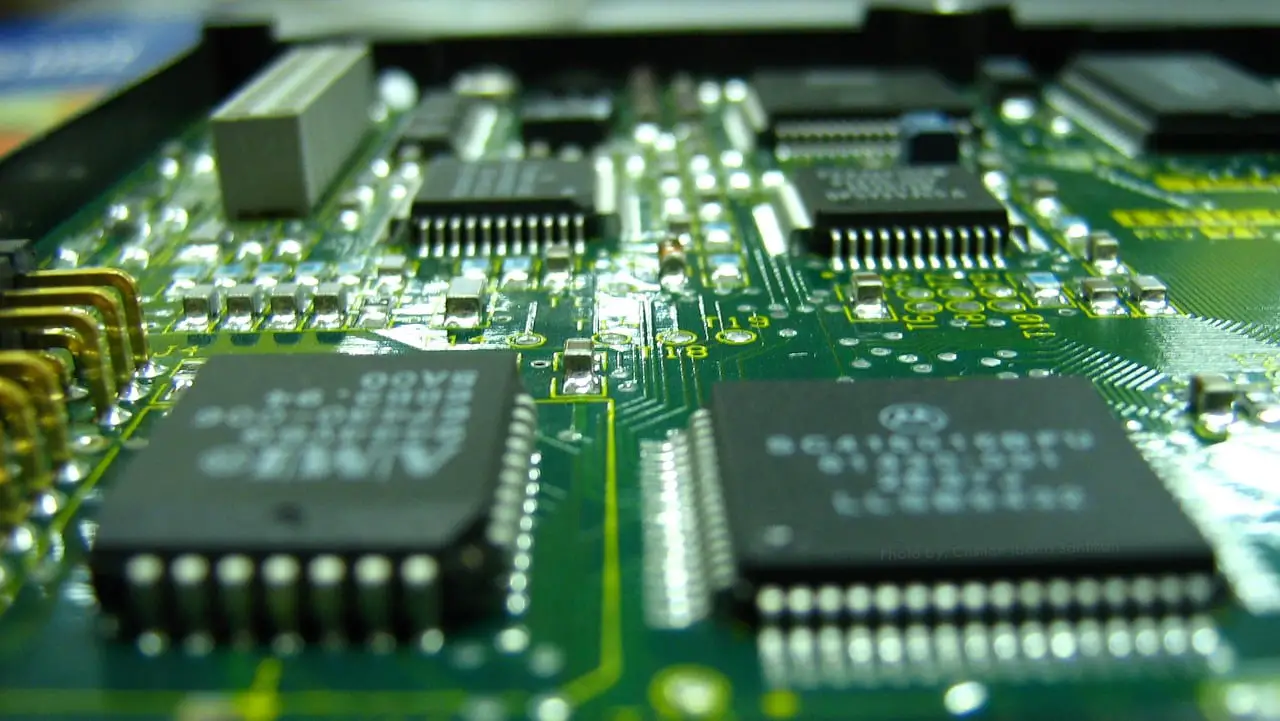
The United States is preparing for a third wave of sanctions against China, this time targeting the export of semiconductor technologies. The new measures are set to impact 140 companies, including equipment manufacturers Piotech and SiCarrier Technology. The objective is clear: to stymie China’s progress in artificial intelligence and military industries by cutting off access to critical components.
American authorities plan to impose a complete ban on the export of advanced memory chips and 24 categories of semiconductor manufacturing equipment.
The list of affected companies could grow to include over 100 additional Chinese equipment manufacturers. These firms would be prohibited from collaborating with U.S. suppliers without special licenses, which are rarely granted. The blacklist may also extend to investment funds such as Wise Road Capital and Wingtech Technology.
The sanctions will also encompass high-speed memory chips, which are essential for training artificial intelligence models. These restrictions will not only apply to the U.S. but will also extend to allied nations, including Israel, South Korea, Taiwan, Malaysia, and Singapore. Washington is intentionally enlisting its partners to amplify the pressure on China.
Beijing has expressed its discontent openly. Chinese officials have stated that such actions threaten global trade. Foreign Ministry spokesperson Lin Jian accused the U.S. of attempting to undermine China’s economic development and vowed to take countermeasures to protect national interests.
This rivalry has been ongoing for some time. China’s leading semiconductor manufacturer, SMIC, has been under sanctions since 2020 and is expected to face even greater challenges. Smaller companies are no exception. Despite these obstacles, Beijing continues to bolster its semiconductor production capabilities, striving to reduce reliance on foreign suppliers.
The Biden administration began restricting China’s access to advanced technologies as early as 2022. The latest measures are being discussed amid a transition of power in the U.S. In a few weeks, Donald Trump is set to return to the presidency. However, experts believe that the hardline stance on technological competition is unlikely to change.


